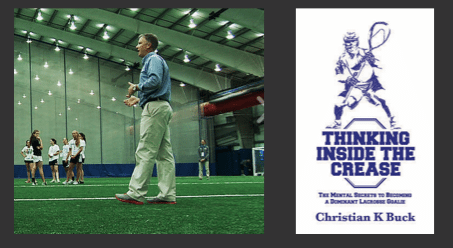October 27, 2017
Overfunctioning = Underfunctioning
Newton’s third law of motion:For every action, there is an equal and opposite reaction.

October 27, 2017
Newton’s third law of motion:For every action, there is an equal and opposite reaction.

October 26, 2017

Dave Holt is a high school administrator/ teacher, operates a private baseball teaching school, helps with an American Legion baseball team and constantly is researching, writing articles and guidebooks, and adding to his coach and play baseball website.
–
‘A good coach can give correction without causing resentment’ – John Wooden
—
October 23, 2017
“A leader is best when people barely know he exists,when his work is done,his aim fulfilled,they will say ‘we did it ourselves.’ “– Lao Tzu
‘make sure every athlete understands the expectations you have for them and the knowledge to live up those expectations.’
I keep a 5×8 card in my pocket and fill it up after the game with areas I need to teach better in practice. The game is not the time, it’s too late!
“It’s the introduction of adult values into kids’ games,When I grew up, it was children competing against children.Now, more often than not, it’s adults competing against other adults through their children.”– John O’Sullivan Changing The Game Project
October 19, 2017

Chris Buck, President of Get It Done Consulting (www.getitdoneconsulting.net), has his Masters in Exercise and Sport Psychology and is a Certified Consultant and member of the Association for Applied Sport Psychology (AASP). He has consulted with professional and amateur athletes alike, implementing mental conditioning programs in a wide variety of sports, including lacrosse, golf, tennis, soccer, basketball, track/field, crew, fencing, hockey, and baseball.
Coach Buck works with multiple NCAA lacrosse programs as a Sport Psychology Consultant to the team as well as a Goalie Psychology Specialist. He is also the Goalie Psychology Specialist for G3 Lacrosse.
Chris is the author of “Thinking Inside the Crease,” a book describing how to become a mentally tough dominant goalie. He also wrote the Level 1, Level 2, and Level 3 goalie coaching certification materials for US Lacrosse.
Chris grew up and played lacrosse in Wilton, CT, winning two state championships during his time there and finished his four-year high school career with a 46-1 record as the starting goalie. After high school, he played lacrosse at Ithaca College.
–
‘What you believe is more important that what is objectively the case’ – Albert Bendora
5 different types of student athletes:
3 ways to be successful:
Book: Coming soon!
—